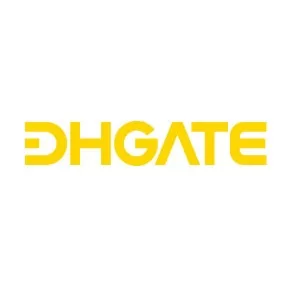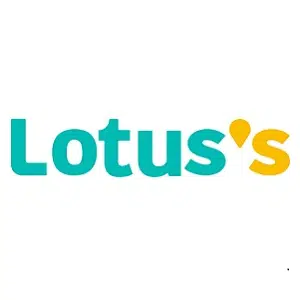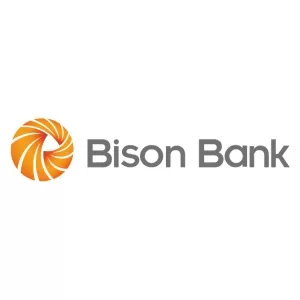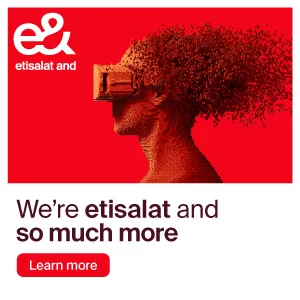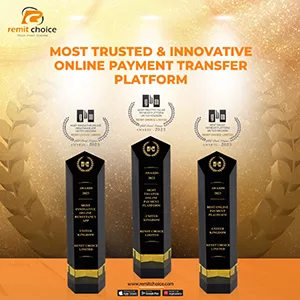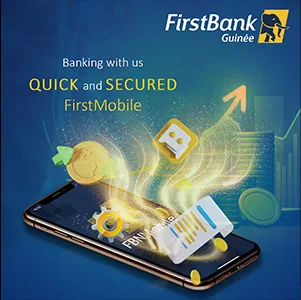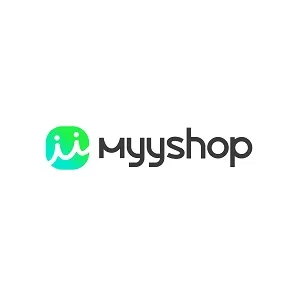Finance
Blockchain Use Cases for Government and Public Services

Blockchain technology has been around for more than a decade, but it has only recently gained mainstream attention due to the rise of cryptocurrencies. However, blockchain is more than just a platform for digital currencies. It has the potential to revolutionize the way governments and public services operate. This article will explore some of the use cases for blockchain technology in government and public services. Other than this If you want to invest in bit coins then you can visit online trading platforms like https://immediateconnect.org/
What is Blockchain Technology?
At its core, blockchain technology is a distributed ledger that records transactions in a transparent and tamper-proof manner. Each block in the chain contains a cryptographic hash of the previous block, making it difficult to alter or delete previous records. This technology is considered to be secure and transparent, making it ideal for a variety of use cases.
Secure and Efficient Identity Management
Identity management is a critical function for governments, and blockchain technology has the potential to revolutionize how identities are managed. By creating a blockchain-based identity management system, governments can ensure that citizens’ personal information is secure and protected from fraud. Furthermore, blockchain-based identity management systems can be more efficient and cost-effective than traditional systems, as they eliminate the need for intermediaries and can reduce administrative costs.
Decentralized Voting Systems
Voting is a fundamental aspect of democracy, and blockchain technology can make the voting process more transparent and secure. By creating a blockchain-based voting system, governments can ensure that votes are recorded accurately and cannot be altered or tampered with. Furthermore, decentralized voting systems can increase voter turnout and reduce the costs associated with traditional voting systems.
Smart Contracts for Public Services
Smart contracts are self-executing contracts with the terms of the agreement between buyer and seller being directly written into lines of code. Smart contracts can be used to automate public services, such as the issuance of licenses, permits, and certifications. By automating these services, governments can reduce administrative costs and increase efficiency.
Blockchain for Public Health
Blockchain technology can be used in public health to track the spread of diseases, manage medical records, and monitor the efficacy of treatments. By creating a blockchain-based system for public health, governments can ensure that medical records are secure and can be accessed by authorized parties. Furthermore, blockchain technology can help governments track the spread of diseases and respond to outbreaks more quickly and effectively.
Blockchain for Supply Chain Management
Supply chain management is a critical function for governments, as it ensures that goods and services are delivered efficiently and cost-effectively. Blockchain technology can be used to create a transparent and secure supply chain management system, which can reduce fraud, improve transparency, and increase efficiency. Furthermore, blockchain-based supply chain management systems can help governments track the origin of goods and ensure that they are ethically sourced.
Challenges and Opportunities
While blockchain technology has the potential to revolutionize how governments and public services operate, there are still several challenges that must be addressed. For example, there is a need for standardization and interoperability between different blockchain systems. Furthermore, there are concerns about the scalability of blockchain technology, as current systems are limited in the number of transactions they can process.
Despite these challenges, there are several opportunities for governments and public services to leverage blockchain technology. For example, blockchain-based systems can reduce administrative costs, increase efficiency, and improve transparency. Furthermore, blockchain technology can help governments and public services to better serve their citizens, by providing more secure and accessible services.
As blockchain technology continues to evolve, it is likely that new use cases will emerge for governments and public services. For example, blockchain-based systems could be used to create more efficient tax collection systems or to facilitate secure and transparent property registration. Furthermore, blockchain technology could be used to create more resilient and secure infrastructure for critical public services such as transportation, energy, and water management.
However, for these use cases to become a reality, there needs to be a greater understanding of the potential benefits and challenges of blockchain technology. Governments and public services must work together with the private sector to develop standards and best practices for blockchain implementation. Furthermore, there must be a greater focus on education and awareness, so that citizens and stakeholders understand the benefits and risks of blockchain technology.
In conclusion, blockchain technology has the potential to revolutionize how governments and public services operate. From secure identity management to transparent supply chain management, there are many use cases for blockchain in government and public services. However, for these use cases to become a reality, there must be a greater understanding of the potential benefits and challenges of blockchain technology. By working together, governments, public services, and the private sector can leverage blockchain to create more efficient, transparent, and secure services for citizens.





